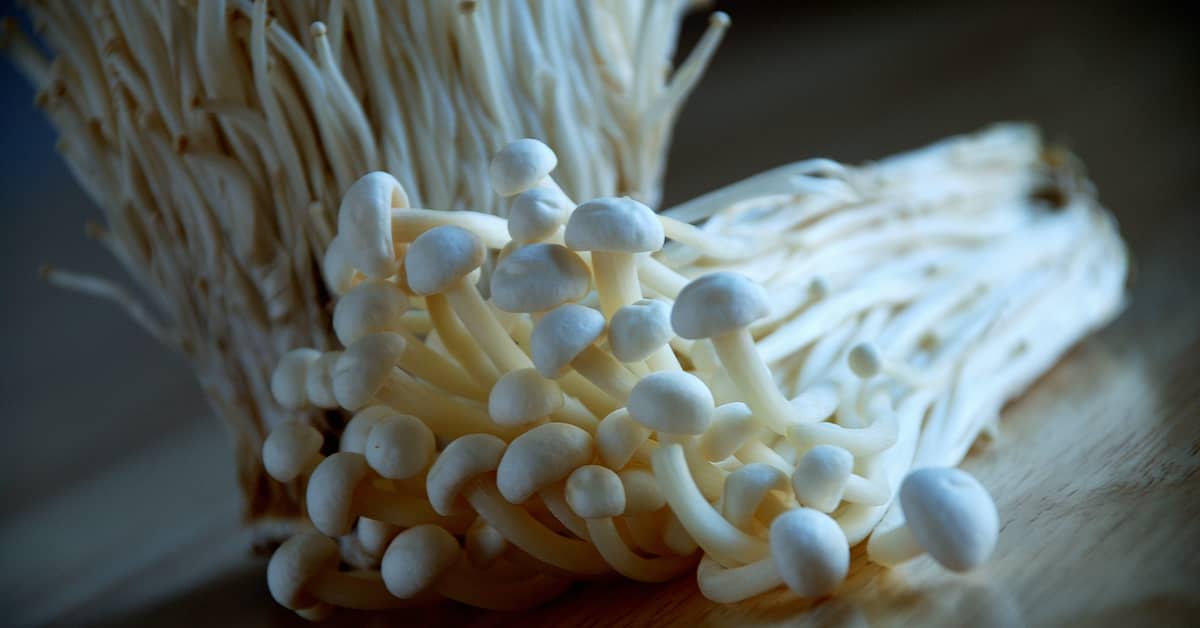
Despite its importance, few have ever heard of it. Even worse, hardly any American - even those with excellent diets - are consuming anywhere near enough to obtain its health protecting and life extending benefits.
Here’s what you need to know…
Scientists at the University of Cologne are being celebrated for making an important discovery. They identified a human cell membrane transport protein that’s highly specific for an amino acid called ergothioneine. The transporter allows for its rapid and efficient transport from the intestines to tissues all over the body. What does this mean to you?
While this discovery first happened back in 2005, it has taken almost two decades for evidence to mount to suggest that this amino acid ergothioneine is indeed a very important nutrient in the body and may be critical to human health.
What is Ergothioneine?
If you’ve never heard of it, you’re certainly not alone. Ergothioneine is a potent antioxidant and has strong anti-inflammatory properties. Studies show that folks with high levels suffer less illness and enjoy longer lifespans.For example, a study of 3,236 Swedish adults consuming a health-conscious diet had 112 metabolites measured in their blood. Twenty-one years later, ergothioneine came out at the very top for lowering sickness and mortality. It was linked to a lower risk of heart disease, stroke, death from cardiovascular disease and death from any cause.
Linked to Stronger Bodies and Sharper Memories
A team of scientists conducted a similar study in which they examined 131 metabolites in 19 frail and non-frail Japanese patients with an average age of 84. They found ergothioneine levels were lower both in the frail individuals and those with impaired cognition.What’s more, in two brain studies, the amino acid declined faster in those showing cognitive impairment and was also found at lower levels in Parkinson’s patients. These findings lead some scientists to believe low blood levels may predispose people to neurological diseases of aging.
How Does it Help You Live Longer?
Other research suggests ergothioneine can directly impact longevity by its effect on telomeres. Under conditions of oxidative stress, it decreased the rate of telomere shortening and preserved telomere length.The highly acclaimed neuroscientist Solomon Snyder at Johns Hopkins University believes it acts as an important cell protector and merits status as a vitamin. World leading scientist Bruce Ames, of the Children’s Hospital Oakland Research Institute in California, explained saying, ergothioneine "helps extend the body's healthy lifespan."
Sounds good, right? So, let’s go about getting more ergothioneine in our diets. Unfortunately, that can be harder than you’d think…
Poor Soil, Poor Ergothioneine Levels
Ergothioneine is mainly found in fungi, and soil-borne fungi and some other microbes pass it on to plants. These are eaten by animals and directly by humans, so we consume them whether we have a plant or meat-based diet.But research from Penn State university published earlier this year discovered that intensive tillage - turning the soil to control for weeds and pests - significantly lowers the availability of ergothioneine in crops compared to lower or no tillage.
Unfortunately, this soil tending process is adopted by eight out of ten commercial fields in the U.S. This means ergothioneine levels in mushrooms, which are the leading dietary source by far, will be compromised under these conditions. In addition, mushroom consumption in the U.S. is relatively low and folks mostly consume white button mushrooms, which have much lower levels of ergothioneine than other species such as oyster mushrooms.
Therefore, the combination of intensive tillage, the low number of ergothioneine-rich mushrooms in our diets, all add up to why the intake of ergothioneine is a lowly 1.1 mg per day in the United States. Compare that to some European countries such as Italy where 4.6 mg of ergothioneine per day is consumed, which is a very healthy amount.
Does this matter? Apparently so…
Robert Beelman, Professor Emeritus of Food Science at Penn State agrees with Bruce Ames that ergothioneine is a longevity vitamin. He said, “Research suggests that a lack of ergothioneine in the diet may result in increased incidences of chronic diseases of aging, such as Parkinson’s Disease and Alzheimer’s Disease, and reduced life expectancy.”
Add More Ergothioneine to Your Diet
Based on the solid science that has been coming out, I’d say it’s a good idea to make an effort to increase your ergothioneine levels.The easiest way is to add a few exotic mushrooms to your daily diet. If you’re not a mushroom fan, ergothioneine is available in a supplement. You can find it online or in your local health food store.
